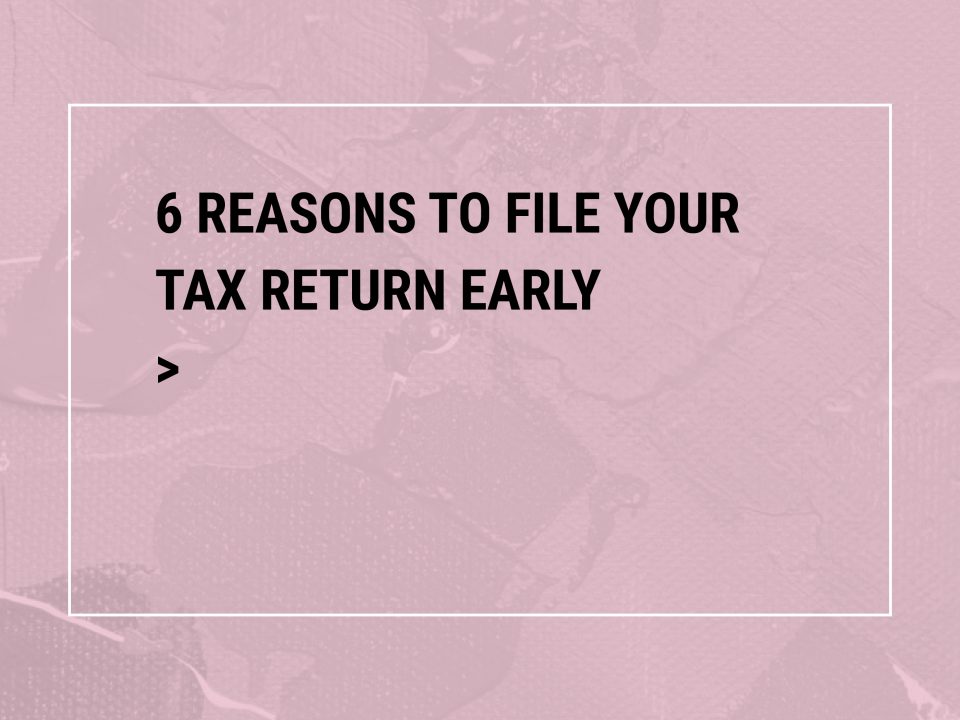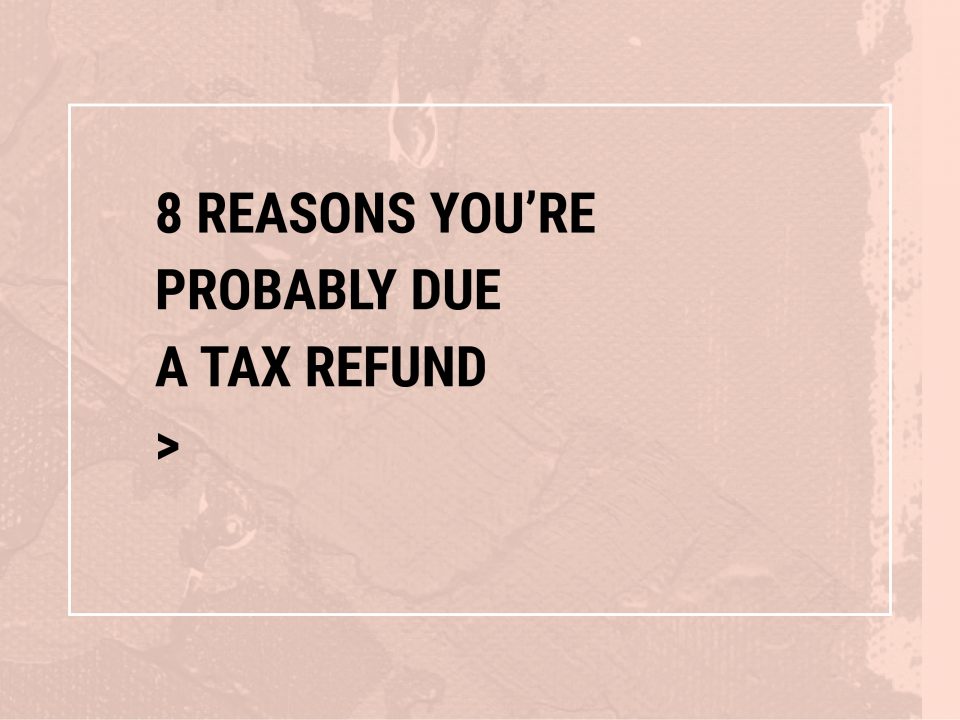
Should I go limited?
I speak to a lot of sole traders and partnerships who are reluctant - perhaps even scared - of setting up a limited company. But is it something you should avoid or embrace?
Everything’s a balance in business. Do you put your prices up and risk losing the odd client? Do you put your money into a new store front or staff training? And what about sole trader vs limited company?
Answering that last point is very much a question of balancing the pros and cons – they’re different for every person – but in general, there’s little to fear from becoming a limited company and potentially lots to gain.
So why do so many people feel it’s a conversation they don’t want to have?
Limited downsides
I speak with lots of business owners and sooner or later the issue of limited status comes up. For many, the fact it hasn’t come up sooner is simply a matter of awareness. They didn’t realise there was another way to operate beyond their current sole trader or partnership status. Perhaps they never sought advice. Perhaps being a director sounds big and scary and complicated and they’d rather live without all that.
It's true that as a company director (the role you take on when you launch a limited company) there are legal responsibilities and stiff penalties for getting it wrong, although the scope for getting things wrong as an SME are pretty slim as long as you’re not actively trying to get up to no good. It’s also true that as a limited company you’ll have a few minor startup costs and your accounts will cost more – although not massively so, and the costs should be easily offset by benefits elsewhere.
If you can get over the mental hurdle of imagining yourself as a director, there are plenty of benefits to incorporating your company.
5 benefits of becoming a limited company
1. Pay less tax
The way you pay tax changes when you’re a director. First the company is taxed on its profits (the current rate for Corporation Tax is 19%, less than the personal rate). Then you can choose to take a smaller salary and top up your pay in dividends. The first £2,000 in dividends is tax free (and is in addition to your personal allowance) and you don’t pay National Insurance contributions on dividends.
Unless your turnover is under £25,000 you’re likely to pay less tax and NI as a limited company than as a sole trader. And even if your turnover is below £25,000 there may be reasons why it’s still worth considering. If you’d like to know how the sums would add up for you, talk to us.
2. Limit liability
If you encounter a rocky patch as a sole trader, you are responsible for any debts you build up. As a company, and assuming no fraud or other irregularity has taken place, you’re not personally liable. ‘Limited liability’ means a company stays responsible for its debts, not the people within it.
Practically, that could be the difference between losing your home if you can’t pay debts as a sole trader, and keeping it.
3. Access funding
You’re ready to grow and you need some investment to help move things along. What you’re likely to find as you research the pros and cons of angel investors, bank finance, enterprise grants et al, is that you’ll need to be a limited company to take advantage of most of them.
4. Issue shares
As a limited company you can issue various classes of shares. Shareholders take a stake in the company in return (usually) for investing in the business, and you can then use the money you raise to invest for the future or pay down debt.
5. Protect your name
Part of the process of launching your limited company is registering it with Companies House. Once done, no one can register another company with the same or similar name.
Let’s have a chat about the difference becoming a limited company could make to you. Talk to us now.



